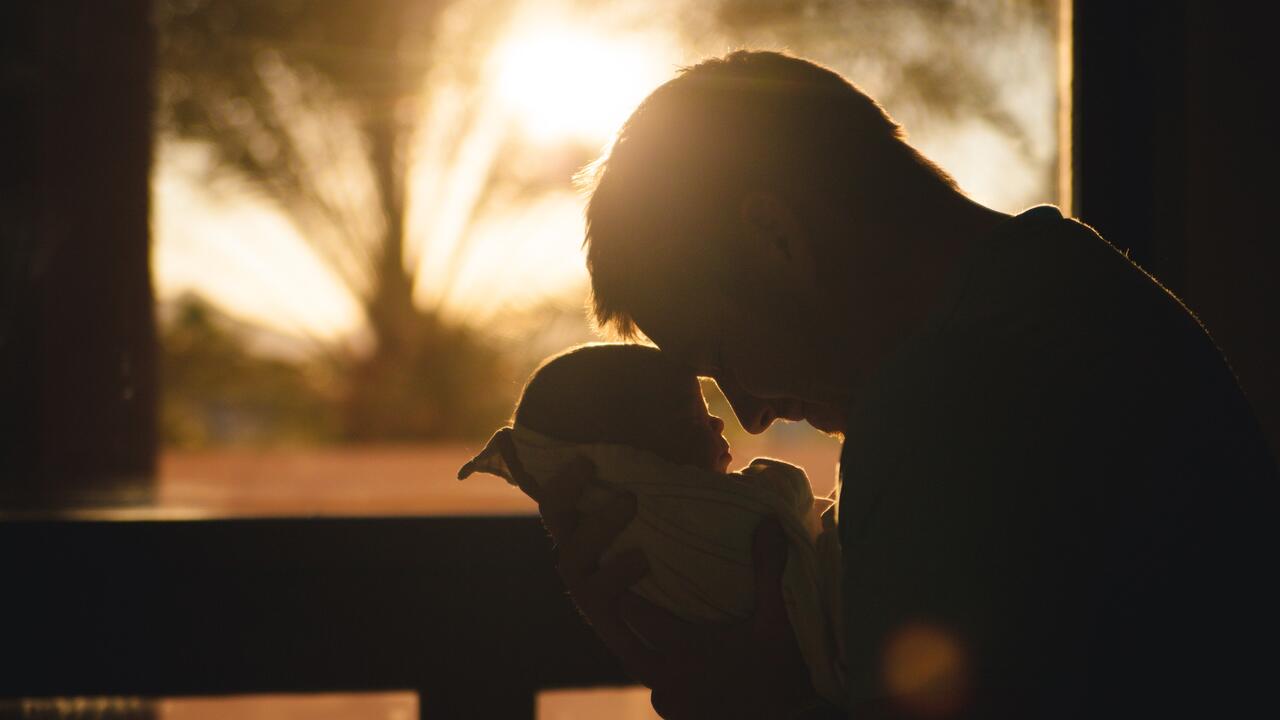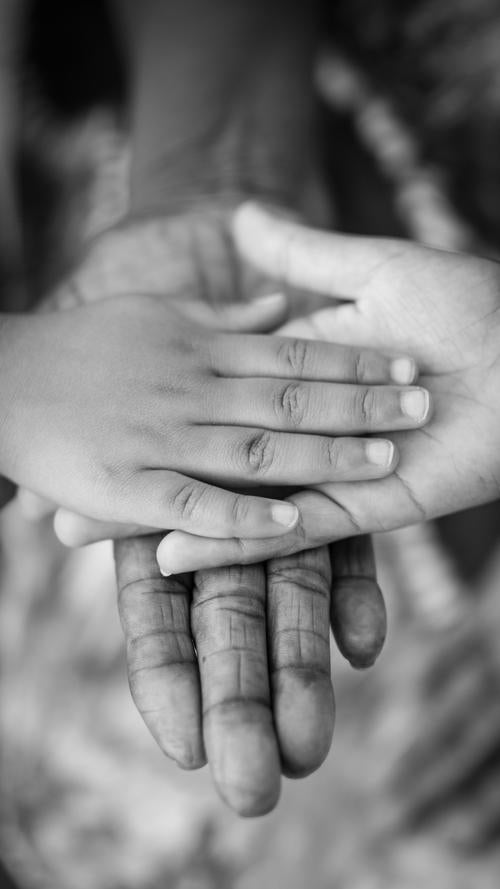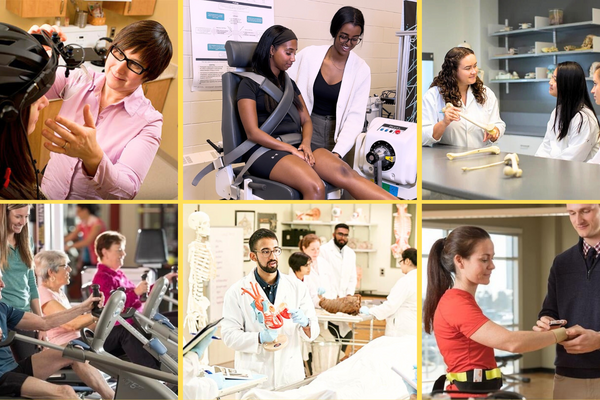
Two fathers remembered
With the approach of World Alzheimer’s Month in September, Gordon T. Finlay (BA ’77) shares his poem about a son whose father lives with dementia.

With the approach of World Alzheimer’s Month in September, Gordon T. Finlay (BA ’77) shares his poem about a son whose father lives with dementia.
By Gordon T. Finlay (BA ’77) AlumnusI spent 25 years in full-time parish ministry.
Taking early retirement in 2008, and while continuing to assist and support small congregations in the Peterborough area, I began an interesting chapter of life providing celebrations of life and non-denominational funerals for several hundreds of families. This has involved working with individuals and families in various stages of grief, sometimes coping with the stress of a loved one going through dementia. In order to assist in such situations, I authored the poem “Two Fathers Remembered,” expressing the view of a son towards his dad.
When my mother ushered me into this world,
’twas the hands of my father that first me did hold,
held firmly but gently, lest me he should crush,
to pass me to others he was in no rush.
As their child one and only, I received all their care,
their love and their patience, each day — everywhere.
As hours became days, and weeks became years,
Dad tended my bruises and wiped away tears;
he taught me to walk and then how to run,
play kindly and fairly so all could have fun.
My greatest cheerleader, when I missed a ball,
also taught me to rise up after each fall.

At first, in my teens, all the answers I had,
the one who knew nothing was my poor old Dad;
As the years raced by, and I got in a stew,
I quickly discovered how much my Dad knew.
He taught by example not to complain,
that what's given to others tends to come back again.
Then one day I noticed — looking up from my book
that my Dad's expression had a faraway look
and at times I saw from corner of eye
how he stumbled and ambled, soon ready to cry.
While he looked unchanged, at least from the distance
he was more like his shadow, maintaining existence.
A new Dad had arrived though still like the old,
his smile was the same, and his heart was of gold,
but Dad #1 had stepped to the side,
and Dad #2 in his place I now spied.
While I longed for return of Dad #1,
Dad #2 was who he'd become.

He had helped me become as one who adjusts
to all that life is — with its downs and its ups;
our roles now reversed, he depended on me
his arms and his feet and his memory to be.
We'd come full circle, my Dad and his son
My Dad was the greatest — life’s victories he’d won.
So I missed my Dad, though still much alive,
he’d grown older and weaker, unable to thrive,
trusting in me when down he might fall,
when he’d wander away it was I who must call.
His personal care and help for to eat —
the things that he’d done my own needs for to meet.
What I missed the most in the loss of my Dad,
was the loss of his memory, for me it was sad:
watching days and weeks and months disappear,
with my friend, my father, my helper not near.
That he was still there — why, none could deny
but far away too — no longer so spry.
’Twas a long Goodbye, then Dad said farewell,
I told him I loved him — and always I will.
If my son should notice, some time down the road,
that his Dad is struggling under life’s load,
may he help him as needed — right up to the brim,
treating others as he would have them treat him.
The author acknowledges that motivation for this poem was triggered by “Two Mothers Remembered,” written by Joann Snow Duncanson in tribute to her own mother.
Gordon T. Finlay (BA ’77) holds an undergraduate degree in psychology from Waterloo’s Faculty of Arts. After completing a Doctor of Ministry at McCormick Theological Seminary in Chicago, he was appointed to executive staff with his denomination — a role he occupied for six-and-a-half years, serving as an area minister (regional overseer) for Eastern Ontario and Quebec. He retired in 2008, and continues to serve congregations in the Peterborough area.

Read more
A Waterloo couple reflects on the campus that shaped their careers, their values, and their love story

Read more
To meet our AI ambitions, we’ll need to lean upon Canada’s unique strengths

Read more
From optometry and pharmacy to public health and therapeutics, Waterloo alumni are powering Canada’s health care sector
The University of Waterloo acknowledges that much of our work takes place on the traditional territory of the Neutral, Anishinaabeg, and Haudenosaunee peoples. Our main campus is situated on the Haldimand Tract, the land granted to the Six Nations that includes six miles on each side of the Grand River. Our active work toward reconciliation takes place across our campuses through research, learning, teaching, and community building, and is co-ordinated within the Office of Indigenous Relations.